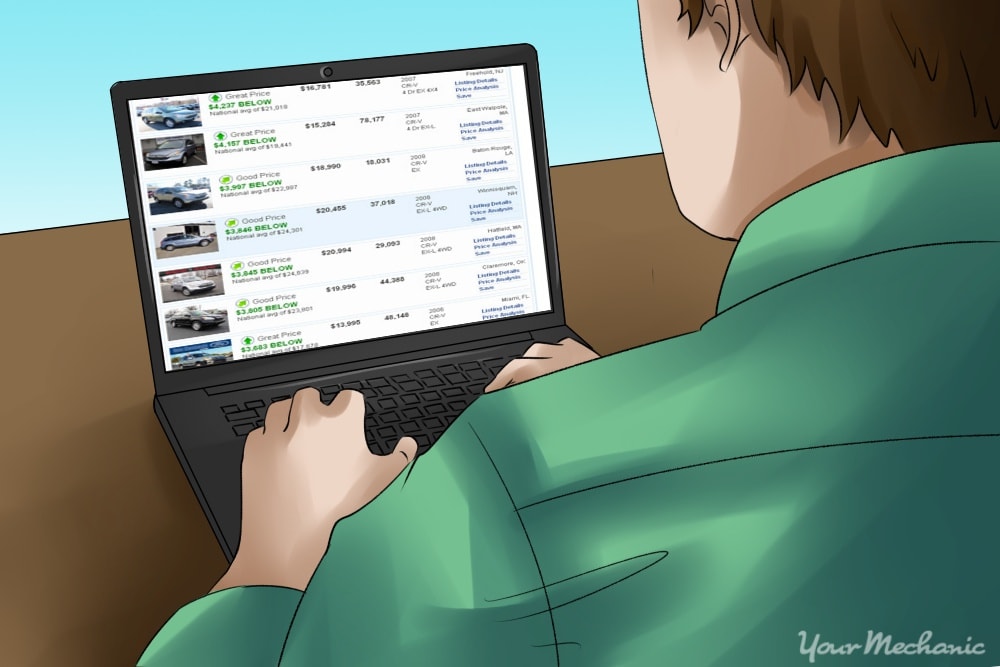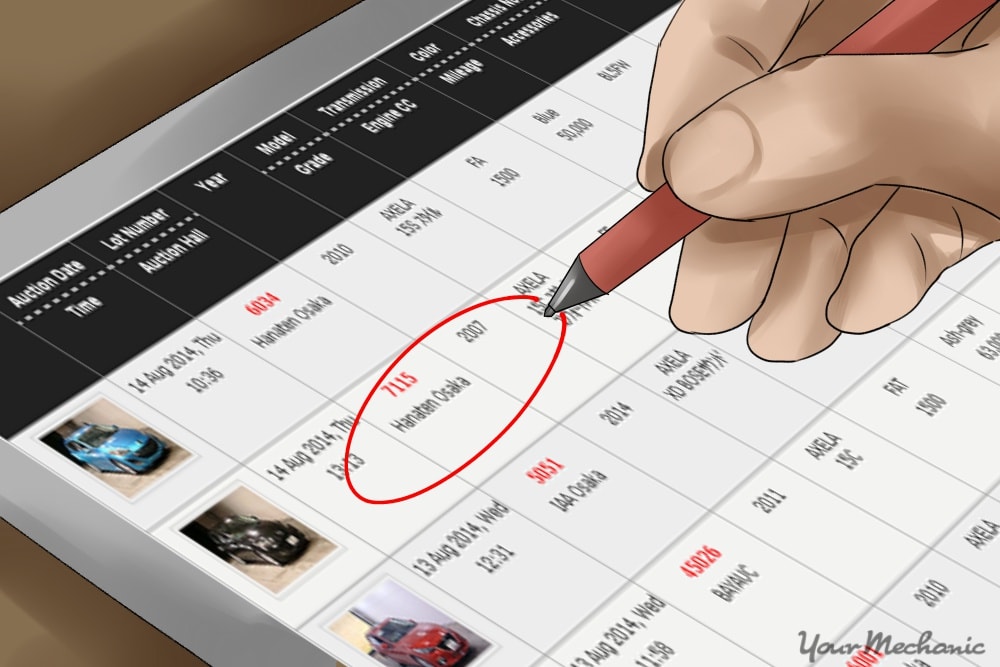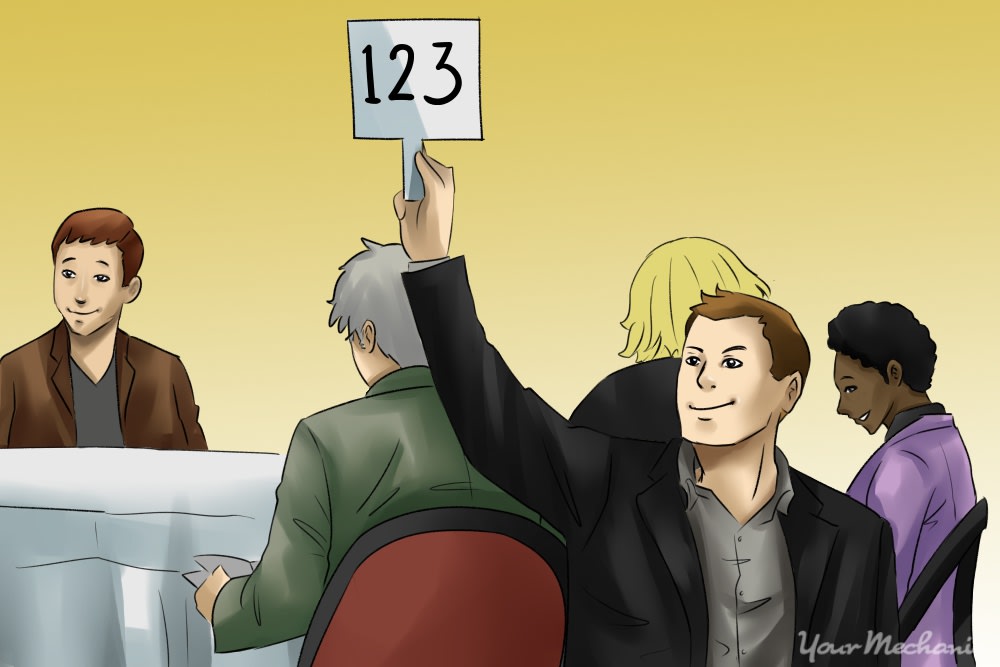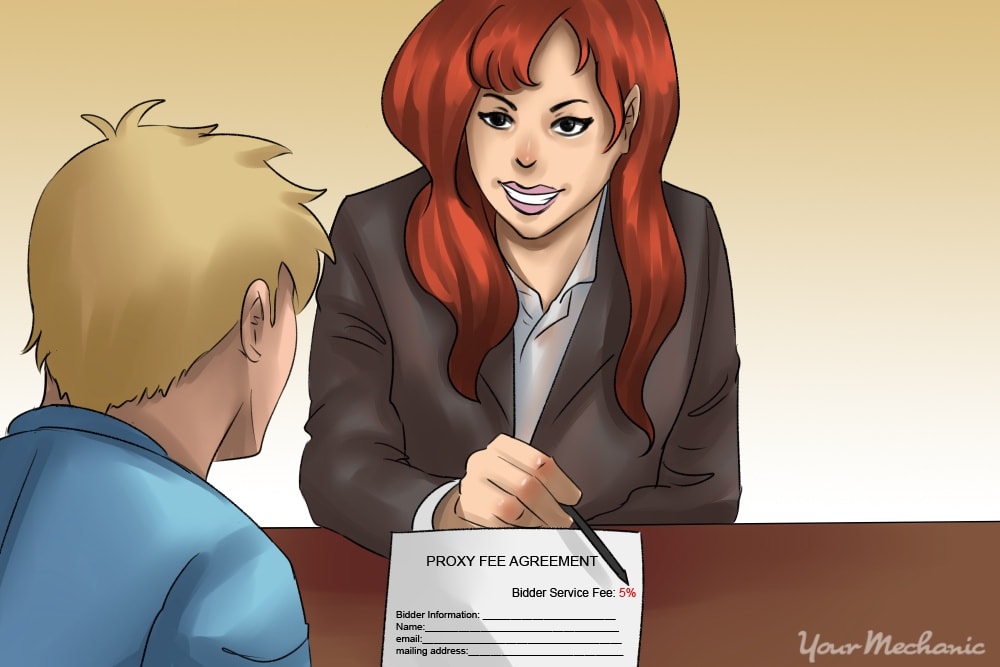

Most people are only aware of two ways of buying a car: from a dealer or through a private sale. There is another way: one that can be quite beneficial if you are flexible in your new vehicle’s options, color, mileage, and even its make.
Dealers have two kinds of vehicles on hand to sell to the public. They have new vehicles that are sent straight from the manufacturer. These vehicles are only available to new car dealers who have franchise rights for that specific brand of vehicle. They also carry used vehicles that come from a variety of sources such as:
- Customer trade ins
- Lease returns
- Repossessions
- Used car auctions
Dealers most frequently buy their used cars from wholesale dealer auctions. The auctions have contain used vehicles that are sent from dealers who don’t want to retail the cars themselves. The cars may be a different brand than they sell, high mileage, too expensive to keep in stock, or are undesirable for some other reason.
The general public can’t attend dealer-only auctions. Attendees must have a dealer license. You can still purchase a vehicle through an auction, however, and save yourself a great deal of money.
Part 1 of 3: Research the car you want
In order to buy a vehicle at an auction, you must be prepared ahead of time.
Step 1: Decide on the type of vehicle you want. Usually when you are buying a vehicle you want to be as specific as possible with every detail, from the color you want to the options it has. At an auction, the opposite is true. You want to be as flexible as you are able while having a few key factors.
- Consider as many color choices, age of vehicle, option packages, and even brands so you can make the most of your buying power.
Step 2: Set a strict budget. Auctions are notoriously high-pressure environments that are driven by emotion. It is easy to get caught up in the fast-paced talk and, while it is important to act quickly, it’s even more important to set a strict budget and commit to not going over.
Step 3: Arrange financing ahead of time. Once you’ve won an auction, you’ll need to put a deposit down right away and pay for the balance in short order. In some cases, the winning bid needs to be paid in full by the end of the auction. Have your finances in order previous to attending the auction and know the terms of payment ahead of time.
Part 2 of 3: Attend a public auction
Every state has automotive auctions, most that run weekly or even more often. There are no requirements to attend the auction, so there will be a varied mix of people in attendance. You will see:
- Bargain hunters
- Collectors
- Car dealers
- High-end businesspeople
- Low-income earners
To make your visit to the auction effective, follow these steps:
Step 1: Check the listings ahead of time. The auction will release a list of vehicles that will go under the hammer a week or two in advance of the auction date.
Print the list of vehicles out and mark the ones you are interested in owning. Note their position in the auction.
Be aware of any repairs required that are listed for each vehicle. Estimate an approximate value of repair so you can accurately bid on the vehicle while staying in your budget.
Check their market value with an online service such as Kelley Blue Book. Know what they are worth in the configuration that is being sold.
Bring your vehicle list to the auction. If viewing is allowed ahead of the auction, check that the vehicle is in the described condition.
When you attend the auction, bid only on the vehicles you’ve marked. Be aware when their time on the auction block is coming up and be ready to bid.
Step 2: Bid casually. There will be a flurry of activity that can be overwhelming and exciting.
Keep as calm as possible so you can keep track of the auction.
Always be aware of the bidding activity. Most importantly, know when you are the active bid.
Use steady hands to lift your paddle or hand to signify your bid. A confident presence will make other bidders feel that you are in control of the auction.
Step 3: Stay within your budget.
When you are nearing your limit for the vehicle at auction, slow your bidding. If the auction surpasses your maximum bid, stop bidding. The temptation is to keep going and win the auction, but you will be stuck with a vehicle you’ve overpaid for.
Mark down the actual selling price of the vehicles in the auction.
If all of the vehicles you are interested in go sell for more than your maximum budget and you haven’t won the bid on any of them, that’s alright.
Step 4: Pay for your auction win. If you managed to outbid the other people in attendance at the auction, immediately visit the teller at the auction to make your financial arrangements for your new vehicle.
Part 3 of 3: Buy a car at a dealer auction
You won’t be able to attend dealer-only wholesale vehicle auctions unless you have a dealer license. Obtaining a dealer license is extremely expensive, costing tens of thousands of dollars to obtain, and isn’t worth the investment unless you plan on opening a used car lot yourself. If that isn’t the case, you can ask a dealer to be your proxy bidder.
Some dealers will offer a proxy service to buy you a vehicle through the auction. If you choose to use a proxy, the Method 1 will still apply but you will not be bidding yourself. The power to purchase is handed over to the proxy who will use your instructions and their best judgment to buy you a vehicle.
Proxies are an excellent resource to use because they can get into the dealer-only auctions. You’ll have access to a virtually unlimited number of vehicles and many of them in much better condition.
Step 1: Approach a dealer to be your proxy bidder. Small yet successful used car dealers are most likely to do this for you with a high level of success.
Step 2: Negotiate commission in writing. Negotiate a commission or fee agreement in writing with the dealer before they attend an auction on your behalf.
- Expect that you will be charged a fee for this service either as a percentage of the purchase price - 5%, for example - or a flat fee of several hundred dollars.
Step 3: Determine how to be in contact with dealer. If you are unable to attend the auction with the dealer, find out if they will be on the phone with you while the auction is happening.
- You are then able to give your input in real time and the dealer doesn’t have to make a judgment call on your behalf, possibly buying you a vehicle you don’t particularly want.
Once your proxy bidder has successfully won an auction on your behalf, promptly arrange payment for the vehicle.
You won’t always win an auction on a vehicle you want on your first, or even your second, auction. It can take several auctions before you win the vehicle you want. Be prepared for the auction process to take several weeks before it is successful, though it can be financially rewarding to do so.







